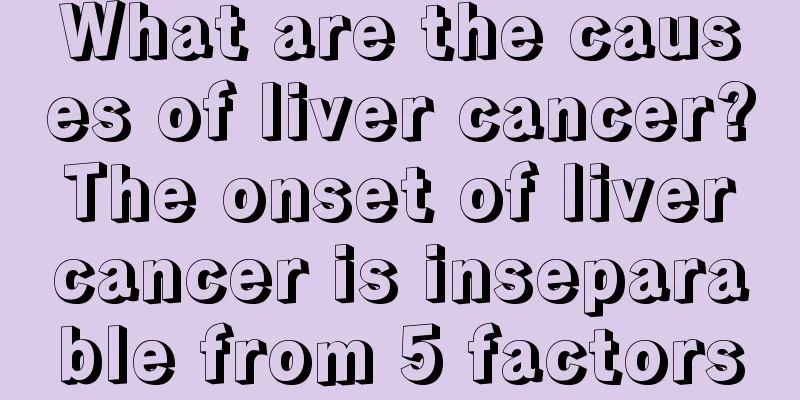Differential diagnosis of lung cancer and pulmonary tuberculosis

|
Lung cancer patients may present with a variety of clinical manifestations depending on the location of the tumor, pathological type, and course of the disease, which can be easily confused with other lung diseases. The key points for distinguishing lung cancer from tuberculosis are as follows: 1. Differentiation between pulmonary tuberculoma and peripheral lung cancer Pulmonary tuberculoma is more common in young people. Generally, the course of the disease is long and the development is slow. The lesions are mostly located in the posterior segment of the apex of the upper lobe or the dorsal segment of the lower lobe. The density of the shadows on the X-ray film is uneven, and translucent areas and calcification points can be seen. There are often other scattered tuberculosis lesions in the lungs. Lung cancer is more common in middle-aged and elderly people. The X-ray manifestation is isolated shadows in the lung field with rough edges and fine and short spiculated shadows. 2. Differentiation between miliary tuberculosis and diffuse bronchioloalveolar carcinoma Miliary tuberculosis is more common in young people, with obvious systemic toxicity symptoms. Anti-tuberculosis drug treatment can improve symptoms and the lesions gradually disappear. The X-ray manifestation of diffuse bronchioloalveolar carcinoma is an infiltrative lesion with blurred outlines, similar to pneumonia. 3. Differentiation between hilar lymph node tuberculosis and central lung cancer The X-ray manifestations of hilar lymph node tuberculosis and central lung cancer are very similar, and the differentiation mainly depends on medical history and other examinations. Hilar lymph node tuberculosis is more common in adolescents, often with symptoms of tuberculosis infection, and rarely with hemoptysis; central lung cancer is more common in middle-aged and elderly people over 50 years old, and often with symptoms such as blood in sputum, a small amount of hemoptysis, chest tightness, shortness of breath, fever, chest pain, etc. |
<<: Typical manifestations of non-Hodgkin's lymphoma
>>: Nursing measures for esophageal cancer after surgery
Recommend
Which gas in the gas causes gas poisoning?
In recent years, the country has been vigorously ...
Causes of severe bleeding due to rupture of nasopharyngeal carcinoma
Rupture and massive bleeding of nasopharyngeal ca...
What are the complications of liver surgery?
For people, the most serious diseases occur in th...
What are the symptoms of pituitary tumor invading the cavernous sinus
Pituitary tumors invading the cavernous sinus may...
How to take care of liver cancer in the late stage? Liver cancer specifically targets these 11 types of people!
my country is a country with a high incidence of ...
What specific organs are on the right side of the lower abdomen?
People often don't know the exact location of...
Will a pregnant woman's skin cancer be passed on to her baby?
The living environment is getting better and bett...
Is jaundice contagious in late-stage gallbladder cancer?
The main clinical manifestations of gallbladder c...
Large intestine reflexology area body part
You may have heard that each of people's fing...
Will eye inflammation heal on its own?
All parts of the human body can be affected by in...
What are the causes of lung cancer?
Lung cancer is relatively common in our daily lif...
What should ovarian patients usually eat to be good for their health? Eat more foods containing these 3 elements
Ovarian cancer patients should eat more foods ric...
Are red blood streaks related to the heart?
Red blood streaks on the face generally have litt...
What should I do if I have obvious pain in the liver area and foam in the mouth during advanced liver cancer?
What should I do if I have obvious pain in the li...
Can grape yogurt be eaten together
Grapes and yogurt can be eaten together. The two ...









